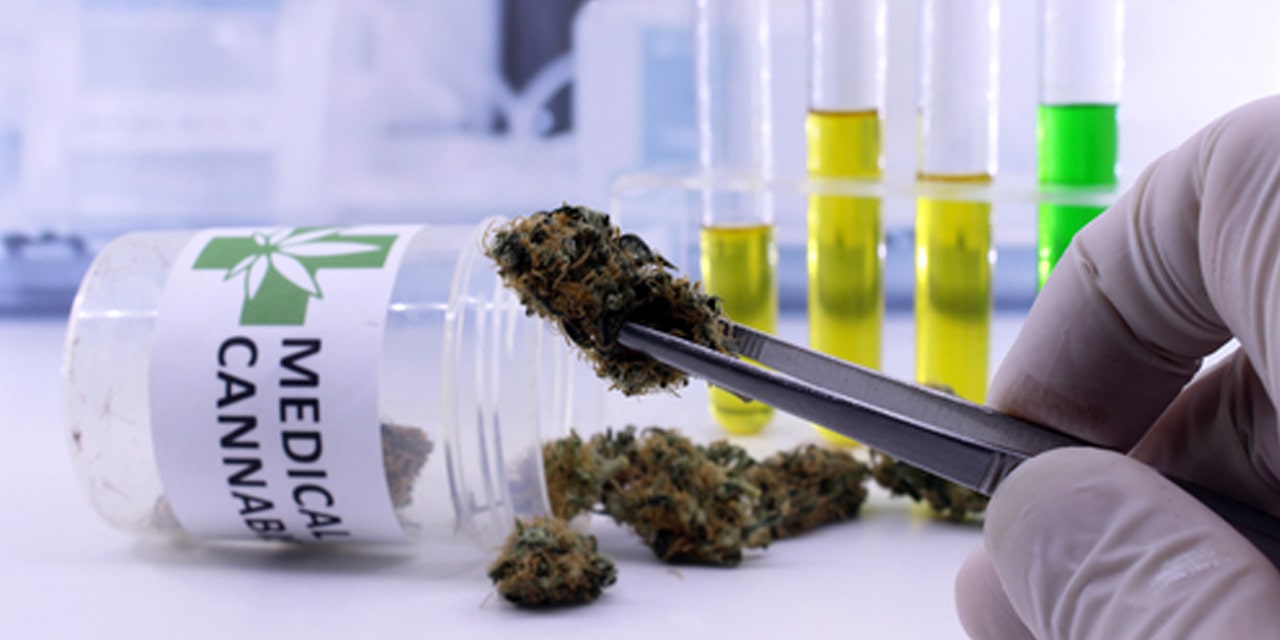Andrew Kathindi
The Ministry of Health and Social Services has begun consultations on the regulation and controlled use of cannabis, in anticipation of its possible legalization.
This comes as according to the International Narcotics Control Board (INCB) 33 countries in the world have permitted the cultivation of cannabis for medical and research purposes. Some of these countries are in SADC region. In addition, some countries have decriminalized its use.
Health Ministry Executive Director Ben Nangombe said the Ministry had engaged several governmental agencies a few months ago on the matter.
He hinted that it could be time for Namibia to change its staunch stance on the legality of cannabis in the country.
“Policy positions evolve over time. There is always new scientific information coming to light. That is what we call public policy making. It’s the evolution of the science and development regionally, internationally and so forth. You cannot be stuck to one position, if there is an evolution in the science about a particular matter,” he told Windhoek Observer.
He added, “You adopt a position, you review what is happening internationally, you review what evolving scientifically and you act accordingly.”
He said the Ministry has engaged academic intuitions to conduct research and will wait on the comments and opinion of the public before moving to the next step, which he said does not have a deadline. Deadlines for submission to the Ministry have however been set at 22 November.
“It depends on what the comments say. We cannot preempt anything. We have engaged offices, ministries and agencies, and we have engaged the view from the general public. It’s a whole government approach.”
“As soon as we have the opinions all together, we need to go through them, collate them, analyse them. It depends on the amount of write ups we receive. You can’t really put a time to that as such. It will depend on the nature of the contributions we get.”
According to South African media, a prohibition on cannabis in that country was lifted in 2018 and is allowed for private consumption by adults. In Zambia, it is legal to cultivate cannabis for medical use once a license has been obtained from the health ministry.
The issue of decriminalization of cannabis is receiving attention at the level of the Prime Minister, Justice Minister Yvonne Dausab, confirmed.
The PM’s office, the Ministries of Justice, Home Affairs, Safety and Security and the Attorney General are part of the task force.
The Justice Minister was, however, doubtful of whether Namibia was ready to legalize cannabis or not.
“Some of the benefits the persons that met the task team shared during the meetings has been quite compelling but sometimes there isn’t enough said about the harmful effects at a social welfare level. In other words what the impact of this will be on our children and the gains made in combating drug abuse in the country,” she told Windhoek Observer.
She said the issue will require a national conversation and a proper consideration of all the issues involved.
“We must talk through the constitutional, legal, religious and socio- economic impact, the health and pharmaceutical benefits.”
“We are often excited by what others do and what is expected as an international best practice but we must always think first, about what are the Namibian contemporary norms, values and sensitivities that we must think about when considering the decriminalization of cannabis and hemp.”
Cannabis is Namibia’s most popular drug, with its availability and access becoming easier over the years. According to the Namibian Police Force, over N$27 million worth of cannabis was confiscated from October 2018 to April 2019.
Landless People’s Movement (LPM) second in charge, Henny Seibeb said for medical purposes it would be good thing to legalize cannabis.
“We need to assess and see the positive and negative impacts of this. We cannot just do things because other countries are doing it.”
Founder of Cannabis and Hemp Association of Namibia, Angela Prusa, questioned why the government set a narrow window for engagement.
“What I am not happy about is the fact that on such an important matter they give the public only 10 days to respond and make it quite difficult to access the information. I am trying to challenge this to get more time for an extension.”
She believes that relentless advocacy groups such as her own have forced government to engage on the matter and that there would be no turning back as they plan to hold the government accountable.
“There is a need to rectify this prohibition law that violates our Human rights, and was enforced by an apartheid government not based on evidence or science on the harm of the plant but on a racist agenda against African people and that to this day still disproportionate affect communities of colour and wastes the resources that Namibian citizens are paying for in taxes,” said Prusa.
Marijuana is currently legal in 29 American states and is commonly used for pain control as it has been found to be quite effective for assisting patients who suffer from chronic pain.




